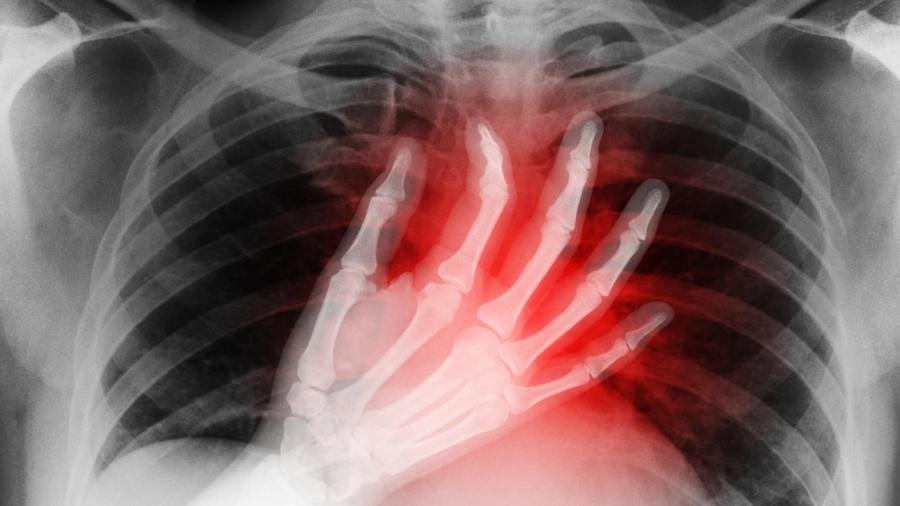What Are the Symptoms of a Mini Heart Attack?

The symptoms of a mini heart attack are chest discomfort that lasts for a few minutes, discomfort in other areas of the body such as the arms or jaw, difficulty breathing, feeling nauseous or light-headed, a racing heart and cold sweats, according to the American Heart Association.
Some medical conditions, such as takotsubo syndrome, angina, gastroesophageal reflux disease, pulmonary embolism, aortic dissection and musculoskeletal pain can imitate the symptoms of a mini heart attack, explains Seconds Count. All of these medical conditions’ symptoms include chest pain and some, such as aortic dissection, can cause a heart attack. Women are more likely than men to experience difficulty breathing, upper body pain, and nausea.
A heart attack can be a symptom of an underlying disease such as coronary artery disease, according to the American Heart Association. The patient’s physician can test for arterial clots using non-invasive and invasive procedures such as thrombolysis. An ECG or EKG can test for damage to the heart.
The CDC explains that almost 750,000 Americans have a heart attack every year. It is important that those experiencing a mini heart attack contact 911 or their physician immediately because every second counts. Identifying the warning signs of a heart attack can save lives, as almost half of all heart attack deaths happen outside of a hospital.





